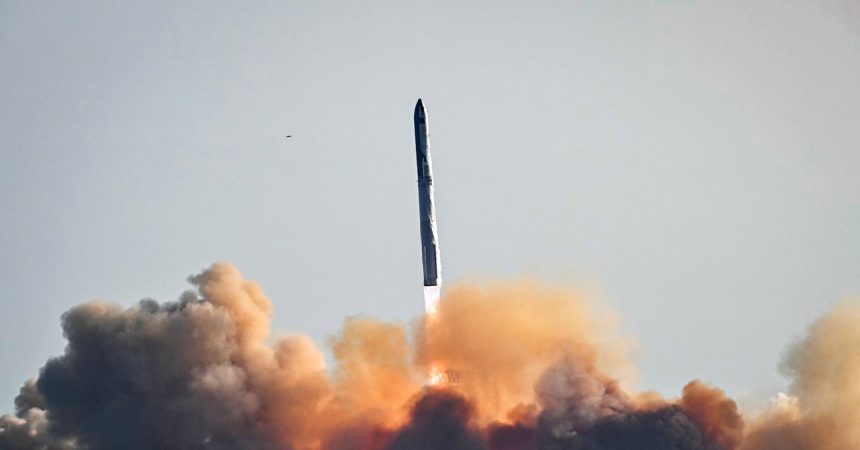Elon Musk, despite his public persona, has maintained a relatively low profile regarding US space policy, especially concerning NASA’s Artemis program. This restraint stems partly from SpaceX’s significant financial involvement in the program, including building the Human Landing System and providing logistical support for the Lunar Gateway. However, Musk harbors private reservations about Artemis, viewing it as inefficient, slow-moving, and burdened by cost-plus contractors prioritizing profit over results. His recent public statements, including dismissing the moon as a “distraction” in favor of a direct Mars mission, contradict NASA’s lunar ambitions and signal a potential shift in his stance. Given Musk’s influence within the incoming Trump administration, particularly his role in Jared Isaacman’s likely NASA administrator nomination, his pronouncements carry weight beyond mere personal opinion, raising questions about the future of Artemis.
The fate of Artemis has broad implications, impacting not only NASA but also the US commercial space industry, international partners like the European Space Agency, and the US-China lunar competition. While Musk’s critique of Artemis’s inefficiency resonates with some involved in space policy development, the program is unlikely to be scrapped entirely, given its origins in the first Trump administration. However, significant changes, echoing the “major course correction” advocated by the previous Trump administration, are highly probable. These changes could address Musk’s concerns about cost-plus contracts and prioritize efficiency and results-oriented approaches. The absence of a reconstituted National Space Council under JD Vance further complicates the political landscape surrounding space policy decisions.
Musk’s preference for Mars over the moon is a long-standing position. He believes Mars represents a more ambitious and ultimately more rewarding destination for human exploration, offering the potential for establishing a self-sustaining civilization, a key goal of his overarching vision. The moon, in his view, serves as an unnecessary stepping stone, diverting resources and delaying the ultimate goal of reaching Mars. This perspective, while not universally shared, forms the core of his criticism of Artemis. He believes pursuing Artemis distracts from the more important and challenging objective of Mars colonization.
The heart of Musk’s critique lies in the perceived inefficiency of the Artemis program. He argues that its structure incentivizes maximizing jobs rather than results, leading to cost overruns and delays. This inefficiency, he contends, stems from reliance on traditional aerospace contractors operating under cost-plus contracts. These contracts guarantee reimbursement of costs plus a fixed fee, regardless of performance, thereby removing incentives for innovation and efficiency. Musk advocates for a more streamlined, results-driven approach, potentially leveraging SpaceX’s own experience in developing and deploying spacecraft rapidly and at lower costs.
The potential implications of Musk’s influence on the future of US space policy are significant. His advocacy for a Mars-centric approach could lead to a re-evaluation of NASA’s priorities, potentially reallocating resources away from lunar exploration and towards Mars missions. This shift could impact international partnerships built around Artemis, creating uncertainty for agencies like the European Space Agency and affecting the collaborative framework for lunar exploration. The commercial space industry would also be affected, with companies invested in lunar infrastructure and services potentially facing adjustments to accommodate a change in focus towards Mars.
While Musk’s pronouncements and influence generate considerable speculation, the precise direction of US space policy remains uncertain. The incoming Trump administration will face complex decisions regarding Artemis, balancing the program’s existing commitments and international partnerships with Musk’s push for a more Mars-focused approach. The eventual outcome will significantly impact the future of space exploration, determining whether the moon or Mars becomes the primary focus of human spaceflight endeavors in the coming decades. The debatehighlights the tension between established programs, international collaborations, and the disruptive influence of private sector visionaries like Elon Musk.



